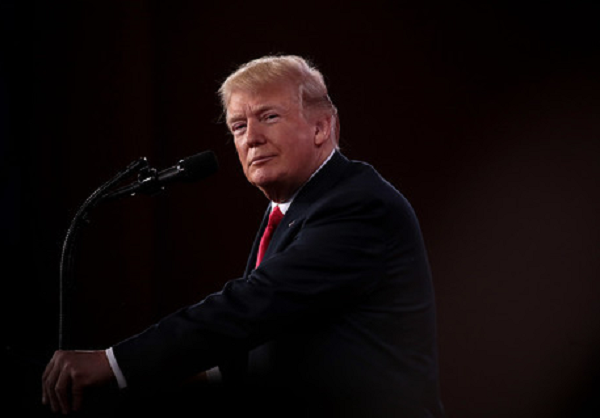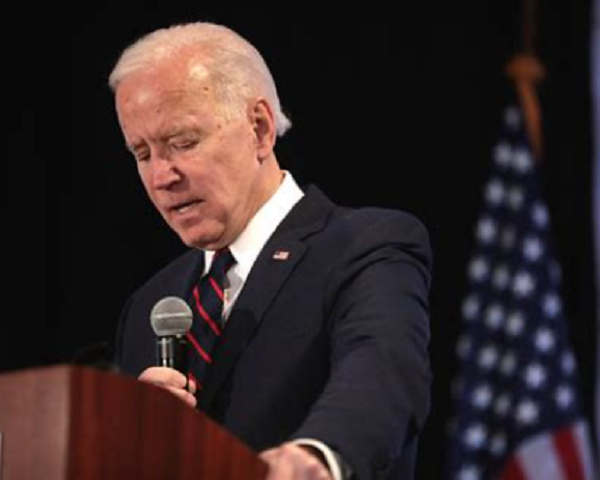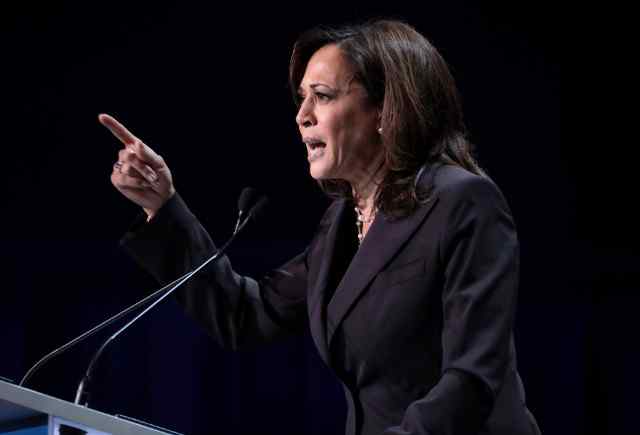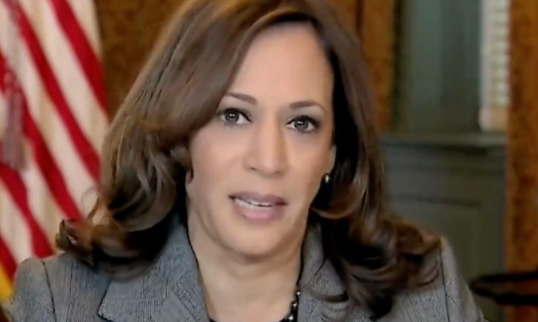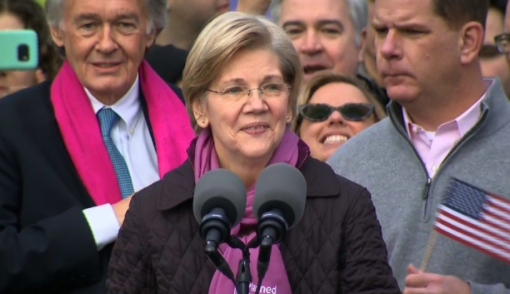The attorney and spokeswoman for former President Donald Trump had critical remarks about New York Attorney General Letitia James after a recent court session.
James is pursuing $250 million in alleged damages from Trump and his sons, Eric Trump and Donald Trump Jr., along with a permanent ban on them conducting any business in the state of New York. The presiding judge, Arthur Engoron, had ruled in September, prior to the commencement of the civil fraud trial, that the former president had inflated the value of his businesses and assets to secure more favorable loan rates—a ruling that Trump vehemently denies.
Speaking on Newsmax TV, attorney Alina Habba characterized James, who has been present at some trial sessions, as “not that bright.”
“She’s just not that bright. I’m sorry, I have to say it,” she said, adding that she doesn’t believe James has a good case. “I’ve seen their case; I’ve seen their lawyers. They don’t know what they’re talking about.”
“Just because a bank who’s giving you a loan says it’s worth what the loan amount is, which is what happens when anybody takes a loan out, they’re never going to say the real value,” she continued, per The Hill. “They’re going to say what they want to say and not a penny more, or what the loan amount is and not a penny more.”
“She needs to educate herself, maybe go to some — I don’t even know how to express how ridiculous this is,” Habba said. “It’s like being in a circus with a bunch of — I mean, what I want to say I can’t say on TV, but it’s crazy. You know, it’s just ridiculous. Anybody with a brain understands that this is just completely insane.”
In the meantime, a former federal prosecutor criticized James for pursuing Trump in a case where there is no party that suffered financial harm.
Andrew McCarthy, in an op-ed, argued that James is fabricating losses that were never actually incurred, all in an attempt to “get Trump.”
Trump has contended that none of the banks and other entities he engaged with throughout the years experienced financial losses or harm in any manner.
McCarthy backed Trump’s argument, writing: “The case against the former president lacks victims, so Tish James and Arthur Engoron are inventing some.”
The ex-prosecutor further pointed out that if Trump had genuinely defrauded banks of over $168 million, these financial institutions would have undoubtedly pursued legal action against him. However, he contended that they refrained from doing so because they never incurred any financial losses.
“That is not stopping elected progressive Democrats Letitia James and Arthur Engoron, the state attorney general and her cat’s paw in a judge’s robe, from concocting a mammoth fraud scheme masterminded by Trump in which we’re to believe the banks lost their shirts . . . but just forgot to complain about it,” he wrote.
He continued to highlight that given Engoron’s pretrial ruling that Trump had committed fraud, the former president had little motivation to engage in the legal proceedings as if it were a typical case. Consequently, Trump found himself contending with the judge and prosecutors, aiming to showcase that the proceedings were largely driven by partisan motives, according to McCarthy’s analysis.
He then explained:
The ongoing trial that has followed Engoron’s ruling centers on what the damages for Trump’s infraction should be. There is more to it than that, as I elaborated here, but in the main the trial is about determining whether Engoron, at James’s urging, will disgorge Trump and his real-estate empire of $250 million or more in what she maintains are “ill-gotten gains.”
Obviously then, the Trump defense seeks to minimize the damages. Trump is trying to do that by denying that there was any fraud at all, arguing that his assets are worth more than what is claimed in the SFCs. But Engoron keeps cutting Trump and his lawyers off by insisting that he has already decided Trump (a) committed fraud, (b) overvalued his assets, and (c) cannot be insulated by the disclaimer in his SFCs (advising counterparties to do their own due diligence in evaluating asset values).

